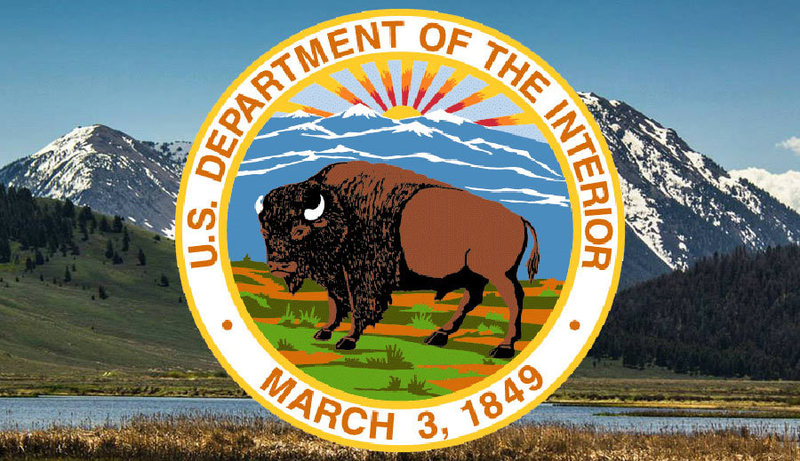On behalf of the Office of the Assistant Secretary for Indian Affairs, the Bureau of Indian Affairs, and the Bureau of Indian Education, I extend our deepest sympathies and condolences to the late-Senator John McCain’s family. We appreciate their selfless willingness to share his short time on this earth with us to make our Nation better. We will miss his voice, but his spirit will live with us forever.
Over the entirety of Senator McCain’s career, he undoubtedly earned a great legacy built upon asking the tough questions and making tough decisions. As a member of the Senate Committee of Indian Affairs since 1987, which is one of our oversight committees, he often asked DOI Indian Affairs the tough questions involving the welfare of tribal communities. His mentor, the late-Congressman “Mo” Udall famously told Senator McCain, “Don’t forget the Indians,” and during his tenure he held true to that promise.
Senator McCain’s legacy has shaped the world in which we at Indian Affairs operate today. He was influential in development of the Indian Self-Determination Contract Reform Amendments, Trust Reform, the Indian Gaming Regulatory Act, and Indian Education. He was critical, yet thoughtful, of whether and how diligently the federal government carried out the trust responsibility, especially when it came to the future of our Native youth. The Senator commented in 2016, “I have been a member of this Committee for many, many years. We have not seen a significant improvement. It is not because of dedicated men and women who work in these BIE schools but it is a system, I think, that deserves some new approaches.” Although many competing recommendations exist for improving federal services provided to the American people, including our tribal communities, we hold a common end goal to create an improved system of delivery that upholds our trust responsibilities.
Senator McCain touched our lives. This week, DOI Indian Affairs staffers in the many stages of their careers shared stories about the late-Senator. Stories that I had personally heard ranged from his willingness to launch the careers of aspiring young Native students by offering internships in his Senate office and stories of how our program directors and staff contributed information to answer his tough questions. These stories have been a great tribute to his memory.
As the Chairman of the Senate Committee, he shared some heartfelt words that I hope we as federal public servants can find inspiration from, “While remembering our past wrongs is important, it is also important that we answer those wrongs with vigorous actions and policies that actively promote the well-being of Native Americans today.”
In closing, I want to thank the late-Senator for not only remembering the Indians, but for working hard to support and strengthen tribal sovereignty and tribal self-determination.

